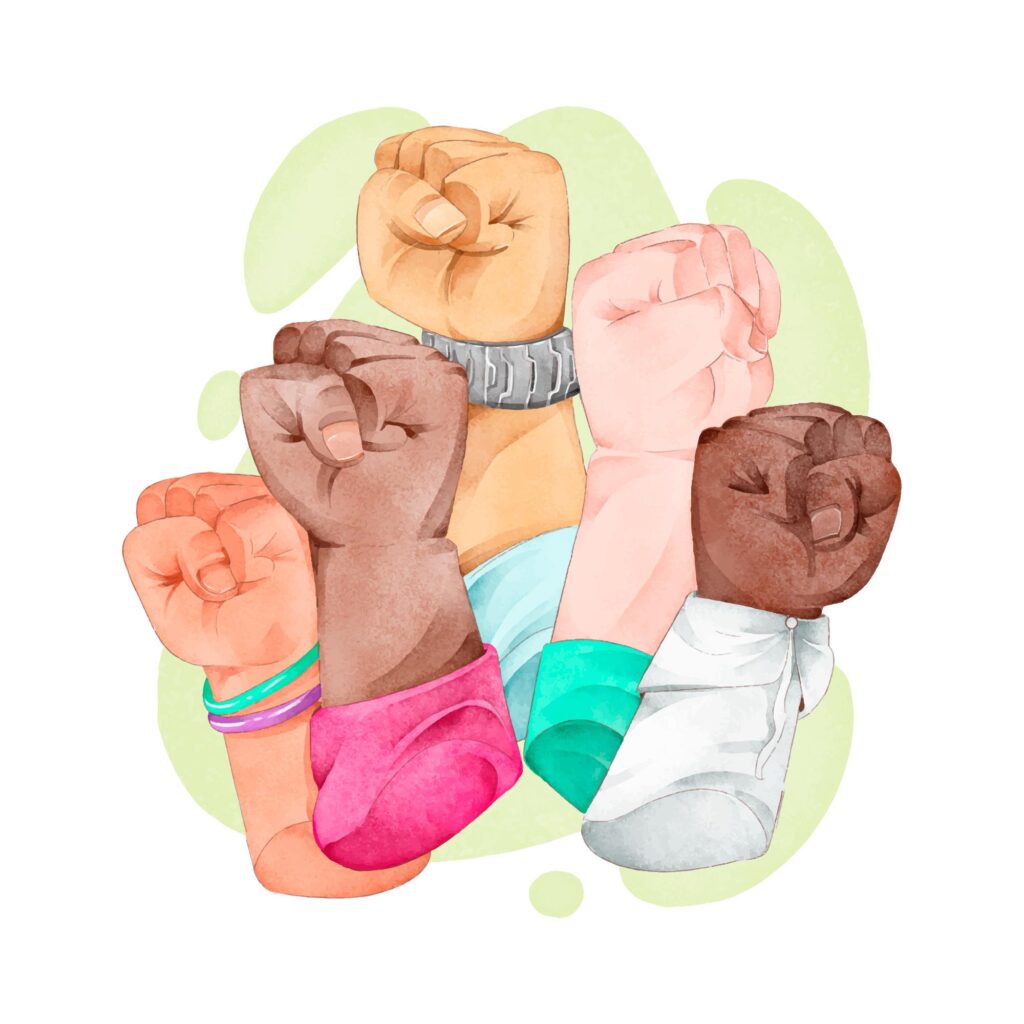Human rights must anchor crypto design
Self-custody, privacy, and personhood must be core design elements of crypto to protect digital freedom.

Crypto builders face growing pressure to design systems that protect fundamental human rights from the outset. As concerns mount over surveillance, state-backed ID systems, and AI impersonation, experts warn that digital infrastructure must not compromise individual freedom.
Privacy-by-default, censorship resistance, and decentralised self-custody are no longer idealistic features — they are essential for any credible Web3 system. Critics argue that many current tools merely replicate traditional power structures, offering centralisation disguised as innovation.
The collapse of platforms like FTX has only strengthened calls for human-centric solutions.
New approaches are needed to ensure people can prove their personhood online without relying on governments or corporations. Digital inclusion depends on verification systems that are censorship-resistant, privacy-preserving and accessible.
Likewise, self-custody must evolve beyond fragile key backups and complex interfaces to empower everyday users.
While embedding values in code brings ethical and political risks, avoiding the issue could lead to greater harm. For the promise of Web3 to be realised, rights must be a design priority — not an afterthought.
Would you like to learn more about AI, tech and digital diplomacy? If so, ask our Diplo chatbot!
